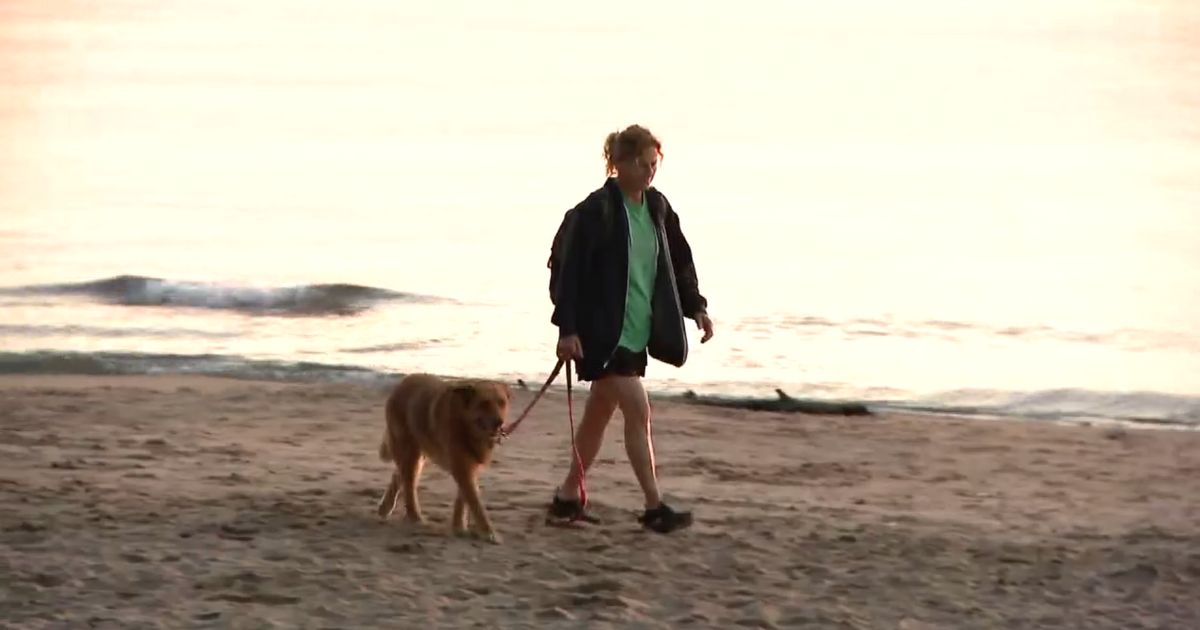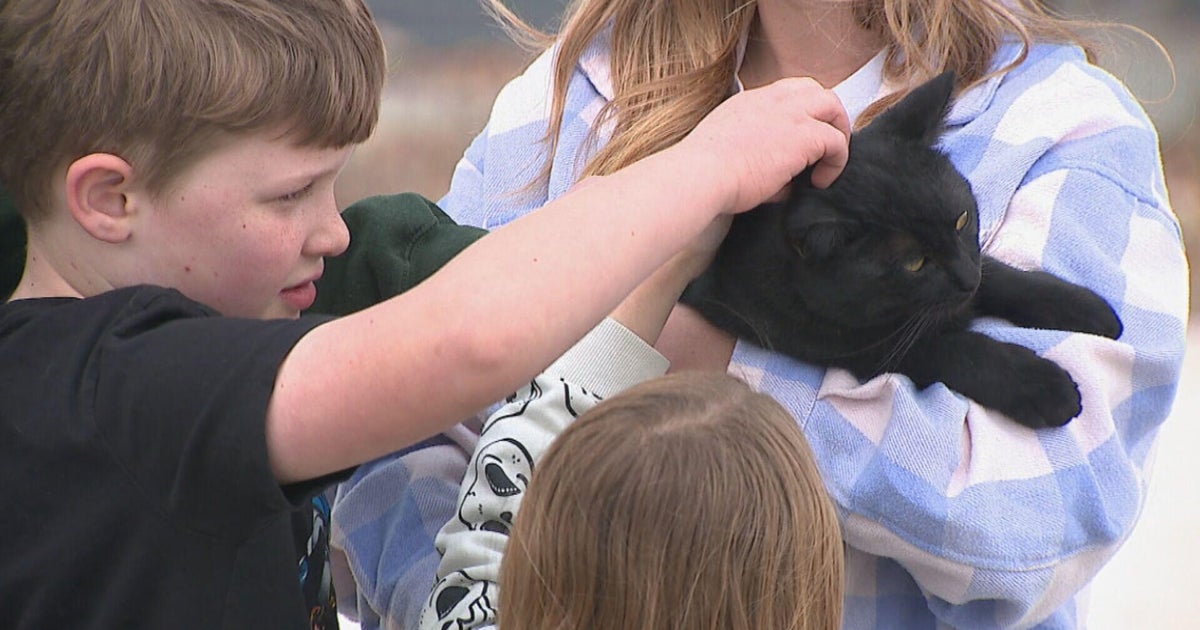Hong Kong to put down 2,000 small animals after hamsters in pet store test positive for COVID-19
About 2,000 small animals, including hamsters, will be killed in Hong Kong after several tested positive for coronavirus. Officials in the city made the decision after a pet store employee was infected with the virus, as were several hamsters imported from the Netherlands to the store, the Associated Press reports.
The sale of hamsters will no longer be allowed in the city and small animals will not be allowed to be imported, officials from the Agriculture, Fisheries and Conservation Department said.
Anyone who bought a hamster from the store after January 7 will be required to complete a mandatory quarantine. They must also hand over their hamster to be put down.
About 2,000 animals, including hamsters and chinchillas, will be put down in a humane manner, officials said, according to the AP.
The risk of animals spreading COVID-19 to people is low, according to the CDC. However, the virus can spread from people to animals during close contact. The CDC says more studies must be done in order to understand if and how different animals could be affected by COVID-19, but people with COVID-19 should avoid contact with animals.
Officials in Hong Kong are not taking the slim chance of transmission with hamsters. "We cannot exclude the possibility that the shopkeeper was in fact actually infected from the hamsters," said Edwin Tsui, a controller at the Centre for Health Protection, according to the AP.
Officials said hamster owners should not take their pets out and should avoid kissing their pets, as well as practice good hygiene.
In 2020, a tiger at the Bronx Zoo tested positive for COVID-19. Health officials said she caught the virus from a zoo employee, but was asymptomatic.
The big cat's diagnosis worried many pet owners, and while researchers in China said they've determined that while domestic cats and ferrets are susceptible to airborne infection with the coronavirus, they found dogs have a low susceptibility to the virus.
However, it appears it is possible for man's best friend to catch the virus. A dog that tested positive for the virus in Hong Kong at the start of the pandemic was believed to be the first case of human-to-animal transmission, according to health authorities.
In September 2021, three pet cats in China were put down after testing positive for COVID-19, leading to backlash on social media, Reuters reports.
Denmark's government blamed COVID-19 cases on mink in Danish farms. Officials wanted to cull millions of mink to minimize the risk of transmission after a report showed 12 people infected by minks had a mutation of the virus, the AP reports.
Mass graves were dug to hold the bodies of the 17 million minks that were killed in the wake of the outbreak, BBC reports. For many fur farmers, the cull was devastating.
In Utah, more than 12,000 mink have died from the virus, after first contracting the virus in August. Nearly 10,000 mink had died in Utah fur farms by October 2020, a spokesperson from the Utah Department of Agriculture and Food told CBS News. The state veterinarian, Dr. Dean Taylor, told the Associated Press that no animals were euthanized due to the virus.
The CDC and U.S. Department of Agriculture are giving pet owners the same advice they've continued to give during this pandemic.
"Wash your hands before you touch your pet, wash your hands after you touch your pet. If you're sick, wear a mask ... you should not take care of your pet and find a surrogate to take care of your pet so that you can quarantine yourself away from everyone in the family, which includes all pets," Ann Hohenhaus, an internal medicine and small animal veterinarian at New York City's Animal Medical Center, told CBS News.



